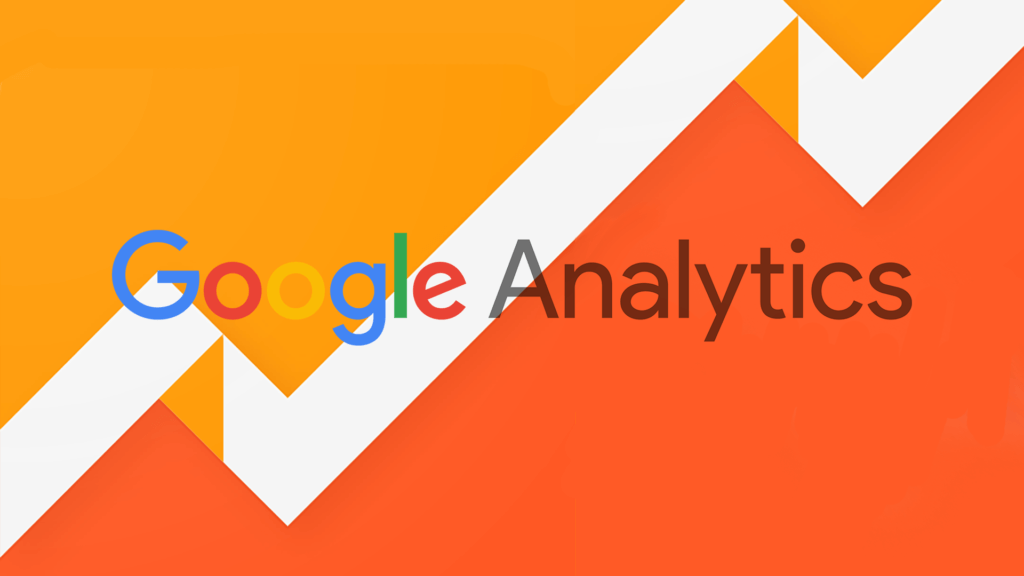
In 2020, Google Analytics 4 (GA4) was created to challenge Universal Analytics (UA) as the standard for analytics measurement.
NB: This is an article from Hotelchamp
It’s much more than a mere upgrade, though. GA4 includes not only an entirely new interface, but robust new features, reporting, settings, and a complete shift in Google Analytics’ philosophy of data collection, which will force businesses across all industries to rethink their strategies around data collection and analysis.
Subscribe to our weekly newsletter and stay up to date
What This Change Means
On July 1, 2023, Google will end Universal Analytics. Marketers won’t be forced to switch over to the new version of Analytics immediately, however, any new properties or any newly created accounts will default to GA4. In addition to offering more privacy protection, this change will improve Google’s measuring and tracking standards while delivering more reliable and optimised analytics.
Google Analytics 4 was created for three main reasons. The first is that any up-to-date web analytics tool needs to work across different devices and platforms. Another reason that Google created GA4 was to better adhere to multiple data privacy laws such as GDPR and CCPA. Last, but certainly not least, GA4 offers AI-powered machine learning that can give businesses insight into those users who refuse to be tracked at all.
GA4 has shifted away from the commonly used “session-based tracking” and towards a more user-centric form of analytics. Instead of data broken down by page views, it will now be organised with a focus on users, their complete online journey, and their overall engagement with your digital presence. With GA4’s optimised method of measuring the user journey, Google will be able to provide a more complete view of how users interact with your hotel’s business online.
What You Can Do with GA4
Understanding the complexities of online customer behaviour has been a challenge since the birth of digital marketing. The concept of multi-platform customer journeys is fundamental to GA4 since the new data model is intended to combine audience insights from both web and app interactions.
Imagine that someone is planning their holiday while at home. They find a hotel website that they trust and some room options that they like. Later that night, they use their personal phone to view the same hotels. A week later, they finally select and book a hotel from their work computer. The original setup of Google Analytics would track three separate users in this situation instead of one. As you can see, for companies that have long customer journeys that cover multiple products and channels, this system of tracking doesn’t give a full picture of the different ways conversion is influenced. With GA4, these issues are no longer a barrier to understanding how users are accessing and experiencing your hotel’s online presence.
This is only one example of how GA4 has been adjusted to fit today’s technology and online user behaviour. Here are some other ways to use GA4 to boost your hotel’s marketing strategies:




